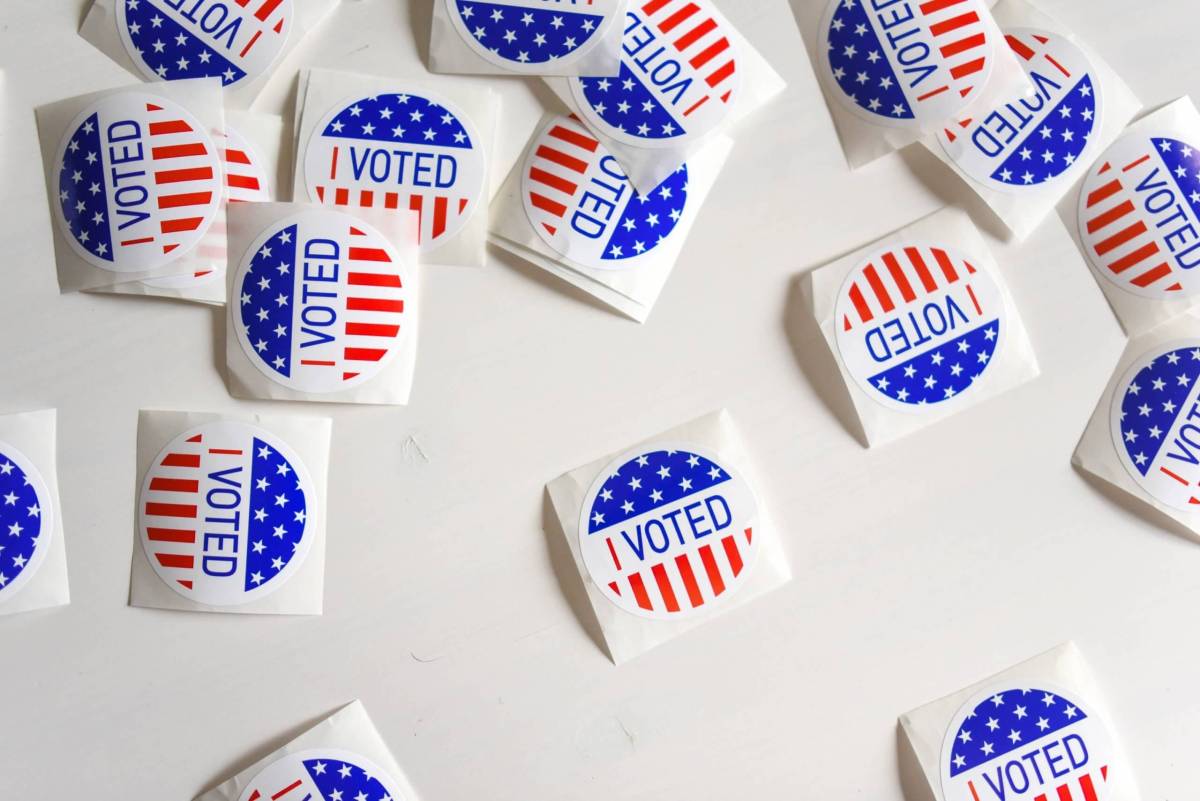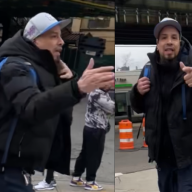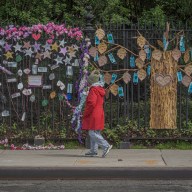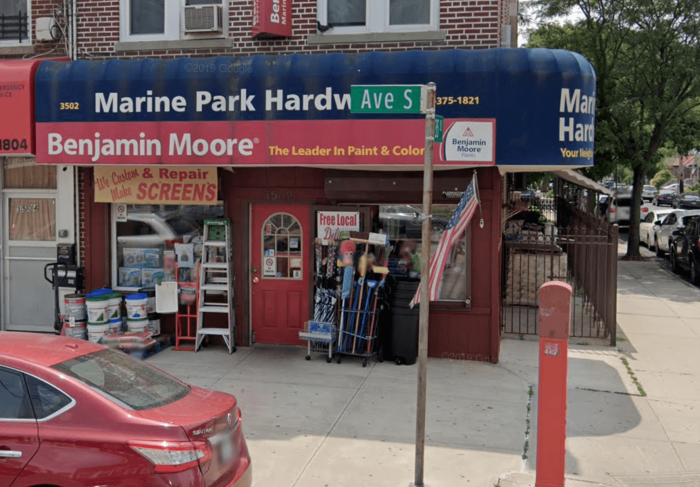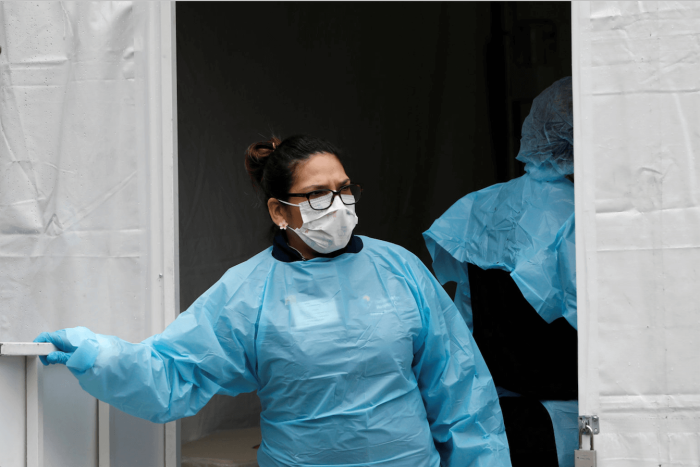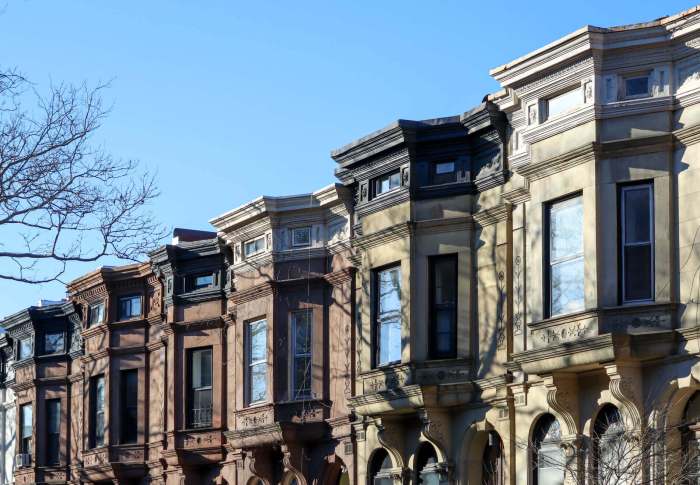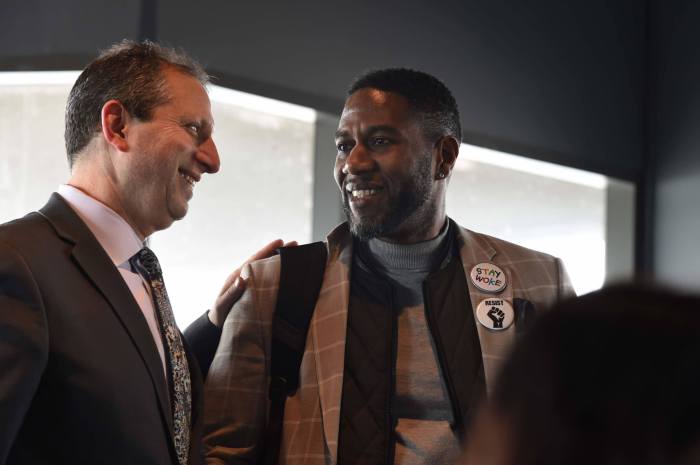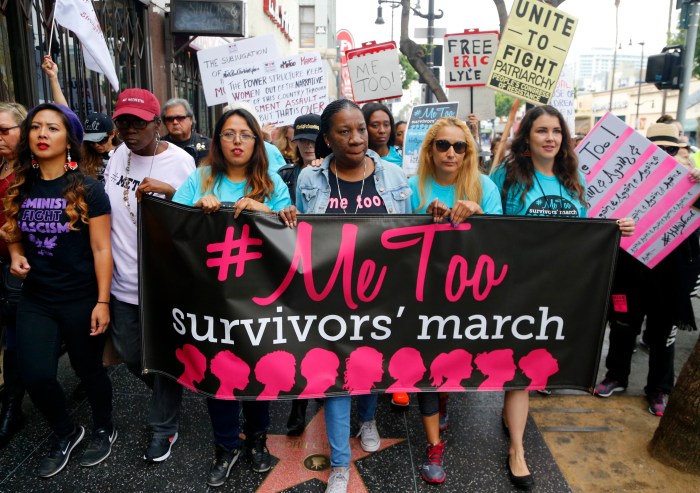The coronavirus outbreak has laid bare a lot of harmful elements of our culture. I’d like to address a particularly obscure one: designating petitions.
Designating petitions are what politicians in New York use to make themselves eligible to run as candidates of a political party. The candidates must collect a certain amount of signatures, in a given period of time (normally about five weeks), from voters who live in the district they are running for and are enrolled in the party they wish to represent. The signatures must be gathered by someone also enrolled in that party, or a notary. New York requires far more signatures than any other state.
Among those who follow this sort of thing, New York is well-known to have the most restrictive ballot access laws in the country. To navigate the process safely, candidates need to hire election lawyers, which costs them thousands of dollars. It appears a majority of all election lawyers practicing in the country are New Yorkers.
This year, because the process of gathering signatures is emphatically not social distancing, the time period for collecting signatures was abruptly curtailed and the number of signatures required for any office was cut by 70 percent. The sky did not fall with these much lower requirements.
Nevertheless, scores of campaigns across the city are having the validity of their petitions challenged. If they lose the challenge — and a signature can be declared invalid, for instance, by an eligible voter printing instead of signing their name, or signing in ink that isn’t blue or black — the candidate will be knocked off the ballot. The process of defending their ballot position will expose the candidates, their campaign workers, and Board of Elections employees to the risk of viral infection.
The purpose of the petition law is a flawed one: making it harder to get on the ballot curtails “nuisance candidates,” candidates with no shot at winning who clog up the ballot and notionally make it difficult for voters to find their preferred candidate. But no one has ever been able to show that nuisance candidates cause any harm. The most extreme case, the California gubernatorial recall of 2003, had 135 candidates but the top four garnered 97.3% of the vote. America’s best Republican governor of the 21st Century, Arnold Schwarzenegger, was elected by over a million vote margin.
What the petition laws actually do is protect the status quo, by making it easier for incumbents to avoid even having to face elections. In my own experience, I have seen the same errors get minor candidates knocked off for fraud while being ignored when perpetrated by the campaigns of members of congress. So as usual, our current system in New York really just stems from an instinctive fear of democracy by our politicians.
Nick Rizzo is a Democratic District Leader representing the 50th Assembly District and a political consultant who lives in Greenpoint. Follow him on Twitter @NickRizzo.


